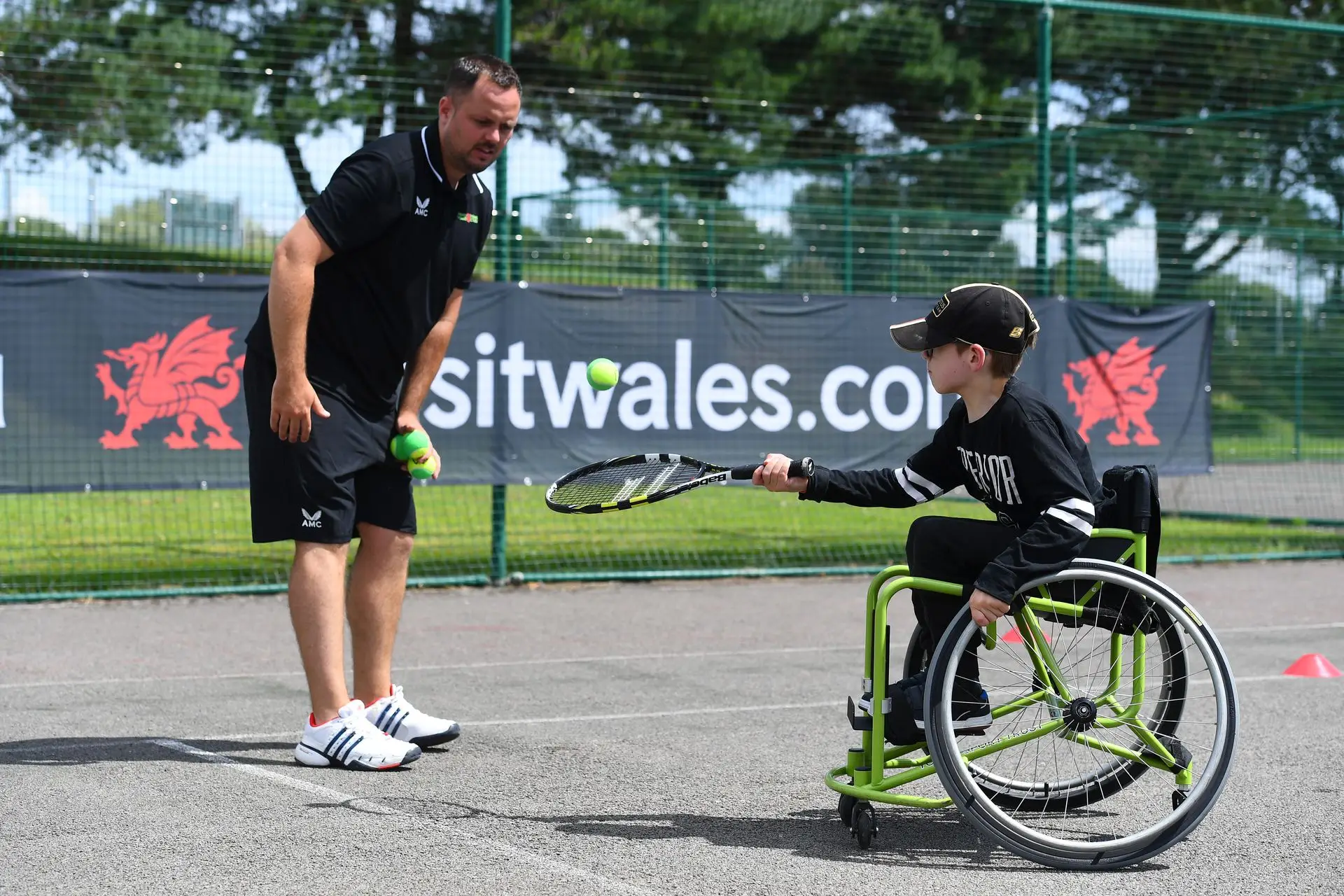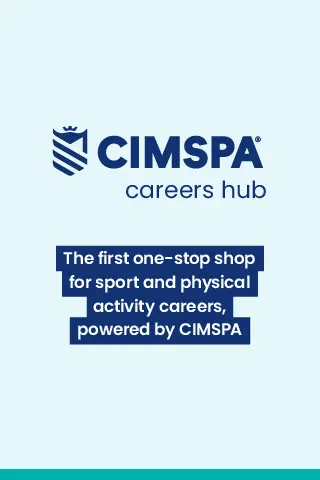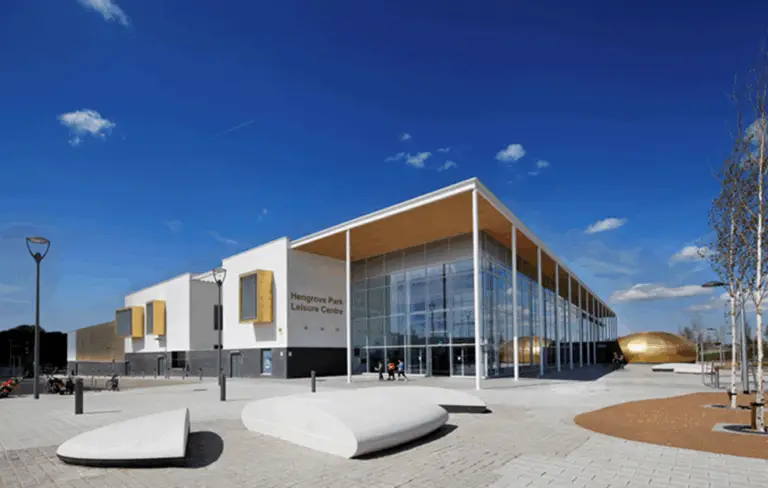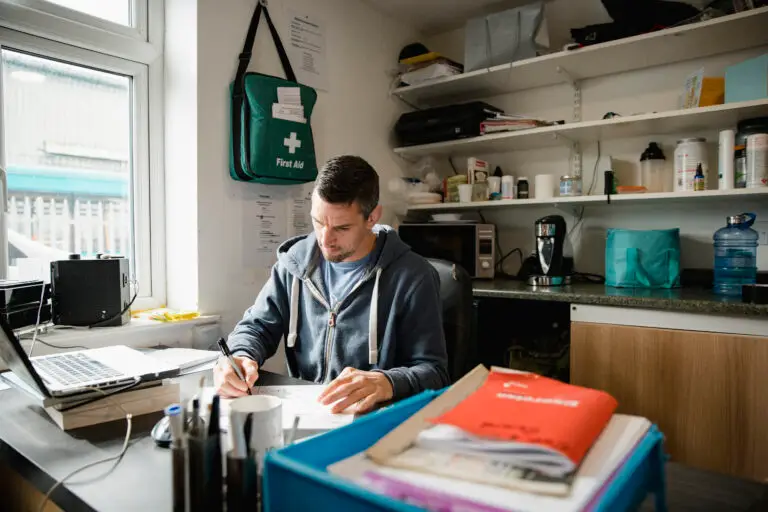Wales – Leading the way for workforce vision
Workforce Development Manager for Wales, Robyn Lock shares an update on the forthcoming strategic vision for workforce in Wales.

With the launch of the Vision for Sport and Physical Activity Workforce in Wales (better known as ‘The Vision for People’) later this month it has started to feel like to dots are connecting. The Welsh Professional Development Board, one of the home nations boards that sits at the head of CIMSPA governance structure, have worked together to tirelessly to unpick what good looks like when it comes to workforce development, planning, and management in Wales.
The Vision for People highlights how vital it is that the whole sector in Wales comes together to do better for sport and physical activities biggest and most valuable asset, its workforce.
The board have considered the CIMSPA strategy, relevant Welsh legislation and The Vision for Sport in Wales in all of the planning, and have created The Vision for People to position the workforce and professional recognition at the heart of the solution to some of the biggest problems we are facing in Wales; inactivity, obesity, economic inactivity and mental health illness.
“The Welsh Professional Development Board have worked together with the Welsh sports sector to create this vision. The main purpose of this vision was to give us a strategic direction and to have a well thought out and ambitious vision for the workforce in Wales. A huge thank you needs to go to all board members who have advised and consulted with CIMSPA on the creation of this vision. We have consulted with sector employers, education providers from training partners to further and higher education, third sector leading organisations, qualifications Wales, Welsh government, Welsh Sports Association and national organisations across Wales such as Disability Sport Wales and Black Swimming Association. It has been a truly collaborative effort from the whole board and sector.”
Chris Emsley, Chair of the Welsh Professional Development Board
One of the organisations, and the person at the helm, who wholehearted understands the importance of professional recognition is Rowan Ruffley, Managing Director of RMR Rehabilitation.
RMR Rehabilitation offers adaptive personal training to amputees, individuals with neurological conditions such as MS or Parkinsons or those living with spinal cord injuries across Wales and the South of England.
Rowan supports all of his team with their professional status, which enables him to work closely with the health sector.
Rowan said, “Giving all my trainers their professional status, which was a no brainer for me, has allowed me to showcase their training and skills. We work with individuals with complex needs who need to know the person in front of them is qualified and certified to deliver sessions, take them through a programme, and meet their needs. We work closely with physiotherapists, and I know having a professionally recognised workforce gives us common language when speaking to health. We refer to ourselves as personal trainer practitioners because that’s what we are recognised as.”
RMR Rehabilitation demonstrate, quite simply, how professional recognition allows people to trust an organisation and the people within it. There’s no grey area, the professional status all RMR Rehabilitation trainers’ quality assures their knowledge, their skills, and their competencies to the sector standards. No ifs, no buts.









